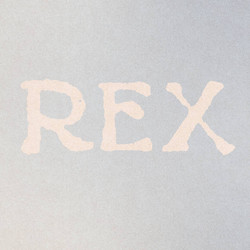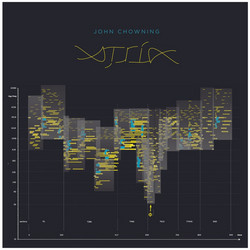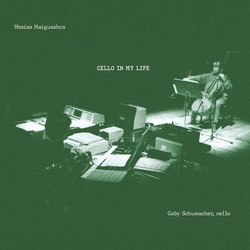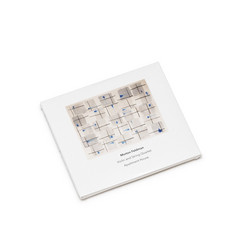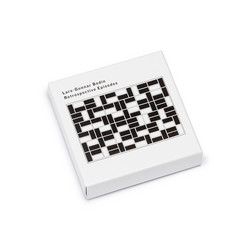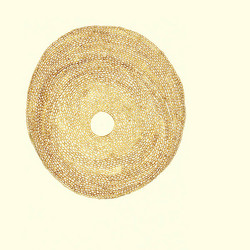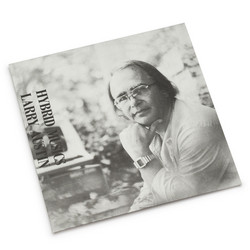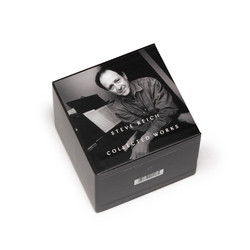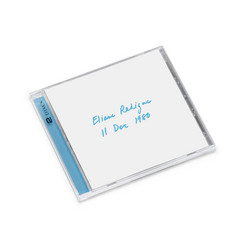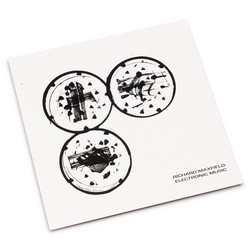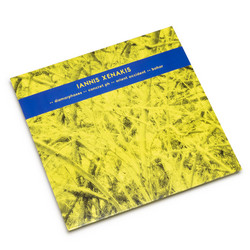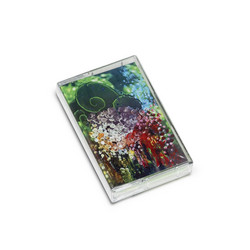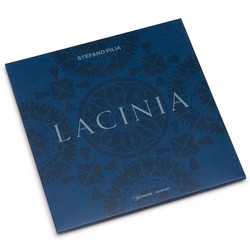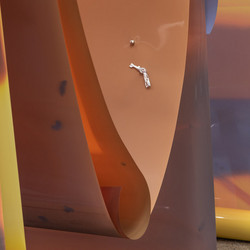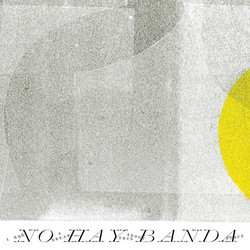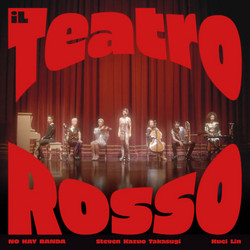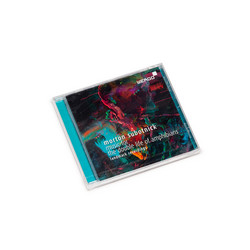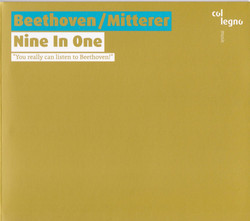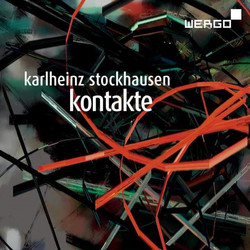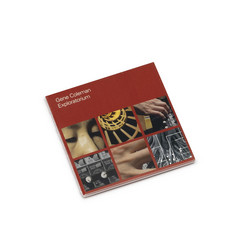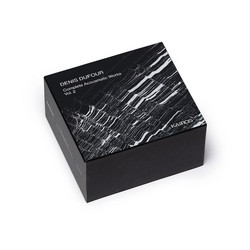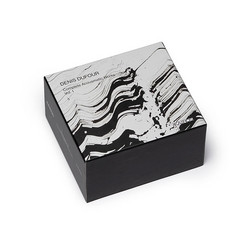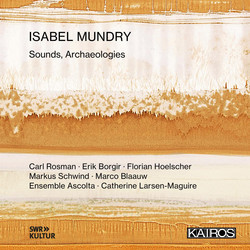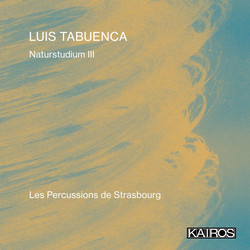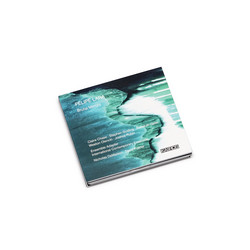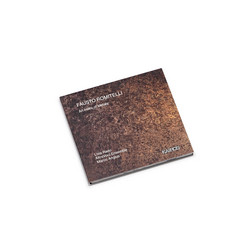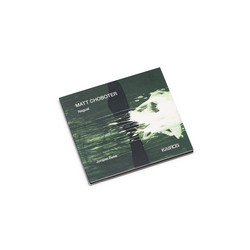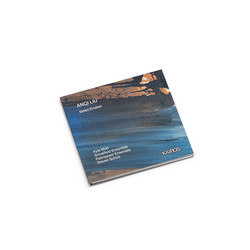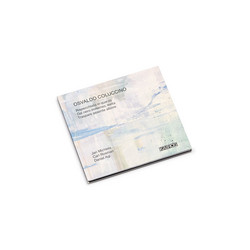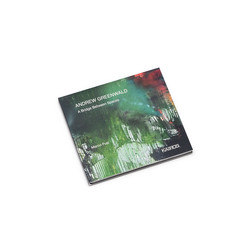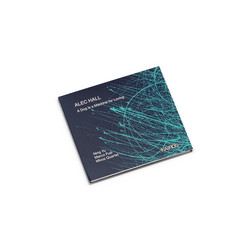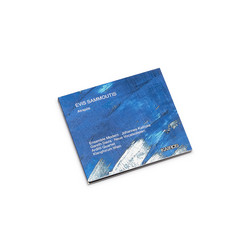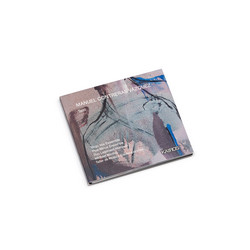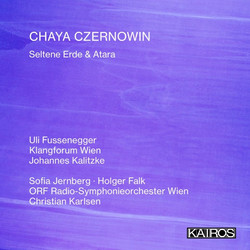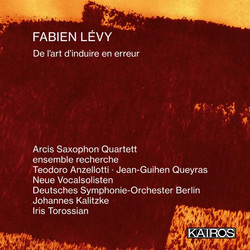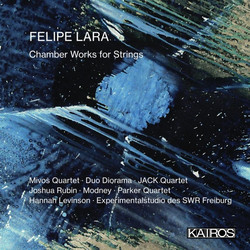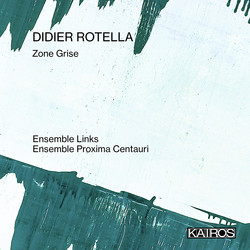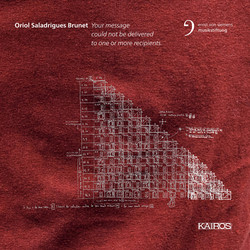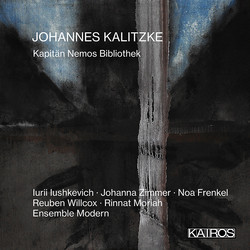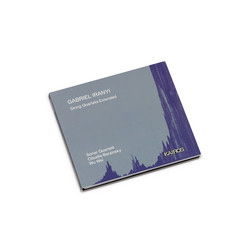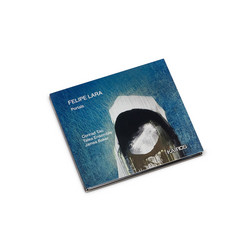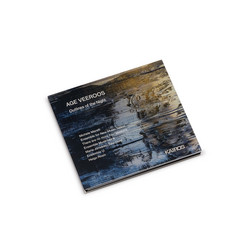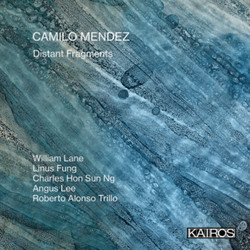Wojciech Błażejczyk
General Theory Of Relativity
Wojciech Błażejczyk’s music feeds on scientific theories, internet streams and civilization waves or scrap. It sometimes looks like a nerd’s diary. Full of different colors and fonts, notes, charts, exclamations and underlined words. This diary is the composer’s reaction to what surrounds him every day. Global news often appear together with local events, fake facts – with perceptual illusions, war strategy – with a pacifist message. All of that put in a new music idiom spiced up with a pinch of sound design and rock drive.That’s because of Błażejczyk’s diverse and vast range interests. Before he matured as a classical composer, he played for over a decade in a prog rock ensemble – and he still is a very active guitarist and performer. He especially likes to experiment with home objets trouvés, improvising on a laundry dryer or instruments made of trash (which he calls “objectophones”). This Warsaw-born and -based artist also proved to be a skillful sound director and designer in dozens of radio plays, audiobooks, films, games and theatre plays. In all those fields of activity, you can trace his open mind and imagination capable of combining elements that seem to be miles apart
This is also very visible in the five pieces on this album, but there is a common thread: political and social contexts. #NetworkMusic for voice, ensemble and live electronics (2017) refers to Facebook and Twitter hashtags, our activity on social media and profiling. Aether for ensemble and live electronics (2020) transcribes the electromagnetic radiation that surrounds us with the use of a special device. General Theory of Relativity (2018) contains numerous samples of well-known statements of “post-truth” politicians. The other two works are based on war theory and practice: M.A.D. for ensemble (2007/2020) stands for Mutual Assured Destruction and draws its title from a Cold War doctrine (which assumed that no matter which of the two nuclear powers, the US or the USSR, uses nuclear weapons, both will be annihilated). Angels of Peace for double bass, oboe, French horn, and bass clarinet (2017) was written for Ensemble Nostri Temporis from Ukraine and inspired by the Russian intervention in the Donbas region.All these contexts could be translated or integrated into musical works as samples (in a musique concrète way) or a formal model in a less literal way. As the 20th century American philosopher Nelson Goodman wrote in his influential Languages of Art. Ways of Worldmaking, you can’t reach the so-called reality anymore, because all we have are symbols describing it. He distinguished art as a kind of an epistemological tool that could compare to science in explaining the world to us. In short, Goodman’s theory assumes that pieces of art, music included, could exemplify, denote or symbolize “reality” (three basic modes). Sample, model, metaphor: Błażejczyk’s music fits those frameworks very well and it is no accident that he quotes the phrase “There are no facts, there are only interpretations. What is, simply is, and then there are stories we tell about it” in one of his pieces.Let’s take Aether. As the composer explained in the score opening: “I used a Soma Ether device to do this, walking through the streets of Warsaw, shopping malls, offices, the subway etc., and listening to the electromagnetic landscape of my area.
These recordings are then used in electronics, together with live transformations of instrumental sounds.” The piece begins with waves of microtones, distortions and noises, but then everything calms down in a series of harmonic – albeit slightly diagonal – surfaces. It’s like entering a park in the middle of the city. Are there any places free of radiation though? Since Aethersamples unheard sounds of civilization (like Christina Kubisch does in her walking performances), could it be an epistemological tool?
